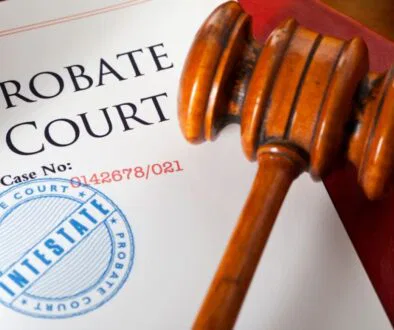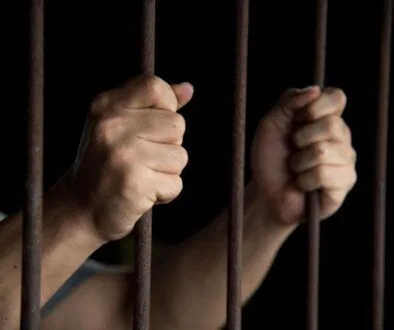I Got Arrested But Not Charged. Now What?

Published March 18, 2022
Can you get arrested but not charged?
The short answer is yes. Over 70 million Americans have criminal records to their name. Among those 70 million, only 20 million of them have a felony conviction, with the rest of the pack being charged with misdemeanors or no charges at all.
The sad reality is that once you enter the criminal justice system, your life will change forever. Even the slightest of run-ins with the justice system can leave you with a criminal record. While you may think having a criminal record is shameful, it has much more severe implications, serving as a hurdle to employment, housing, and occupational licensing.
Getting arrested can be a scary experience for many, and waiting for charges to be made against you – dreadful. We’re here to talk about the entire arrest process and what you should do if you get arrested without charges.
THE ARREST PROCESS
The arrest procedure starts when a person is taken into police custody by authorized officers. When someone is in custody, they’re subject to questioning, but they must have their Miranda rights read to them beforehand — whether they are in for sex crimes or domestic violence. These rights were put in place to protect your Fifth Amendment right against self-incrimination.
The Miranda rights read:
“You have the right to remain silent. Anything you say can and will be used against you in a court of law. You have the right to an attorney. If you cannot afford an attorney, one will be provided for you. Do you understand the rights I have just read to you? With these rights in mind, do you wish to speak to me?”
After that, officers may perform a full-blown search of your body and your surroundings. If they take possession of your car, they may search that as well. All your personal property will be taken off of you and secured through an inventory. The police will then ask you to sign on the inventory, which you should only sign if you agree with its contents.
You’ll then be booked, where your information will be recorded into the system. This information includes your basic personal information, fingerprints, and mugshot.
After which is the part where your case is given to the appropriate prosecutor’s office to determine what criminal charges should be filed or if any charges were filed at all. You have the right to a speedy trial, which means prosecutors must file a charge typically within 72 hours for most states. Prosecutors are not bound to the initial charge, which may be changed when they gather more evidence.

ADVERTISEMENT
ARRESTED BUT NOT CHARGED?
There are many possibilities why a prosecutor may not charge you. One possibility is that your case is a reasonably low-priority one, so they haven’t gotten the chance to go over it yet.
The length of time that a prosecutor may use to charge someone depends on the statute of limitations for a particular offense. If they fail to charge them within the specified time, they may walk even if they are guilty.
So, even if you were released from jail without charges, there is still a possibility for you to receive one at a later date. It could range anywhere from a few days to a few years before you receive a charge.
THE AFTERMATH
Whether or not you were charged with anything, you will have a criminal record following your arrest. However, there are ways to wipe your slate clean and make it appear as if nothing had ever happened.
There are two conventional ways of doing this: expungement and sealing. Expungement removes your criminal record, so it’s as if you’d never gotten arrested in the first place. But not all states allow expungement, and not all offenses qualify for it either.
On the other hand, sealed records only give the appearance that your arrest has been cleared. It doesn’t clear your record, but it makes it unavailable to public records. Sealed records may still be accessed or “re-opened” by way of a court order.
CONCLUSION
Getting arrested is an extremely stressful situation on its own, and that isn’t taking into account the effects of arrest records on your life. If you ever find yourself in a situation where you were arrested, but the prosecutors failed to charge you, it would be best to talk to criminal defense lawyers with professional license to get your record sealed or expunged.
Reduce Your Jail Call Costs By Up To 90% Per Minute With GlobalTel
GlobalTel’s inmate calling service lowers jail call per minute rates by up to 90% for jail calls from US facilities. Sign up now and use the special jail call phone number we create for you to eliminate the long distance jail call fees. Try GlobalTel for only $45.99 for 90 days. Make US/domestic and international jail calls at the local rate and stay connected to your incarcerated loved ones for less. Learn more about how to sign up for calls from inmates here.

This Content Is Fact Checked
Our esteemed team of specialists has thoroughly validated the accuracy of this information. Discover further details about the rigorous editorial guidelines for our website here.
ADVERTISEMENT

About The Author
Krizzia Paolyn is an SEO Specialist with a bachelor’s degree in Psychology. It has always been her passion to share her voice, and at the same time, to encourage other people to speak up.




